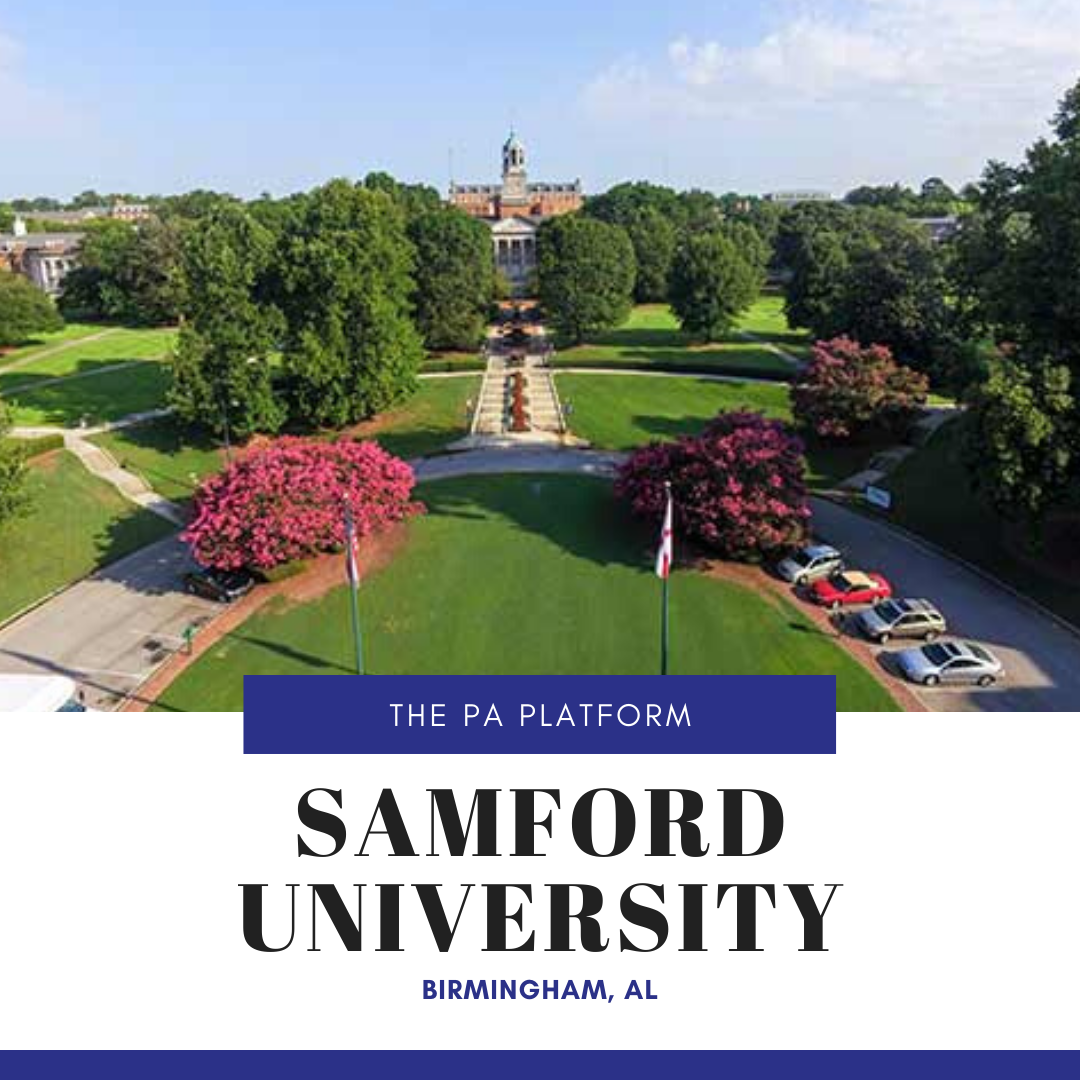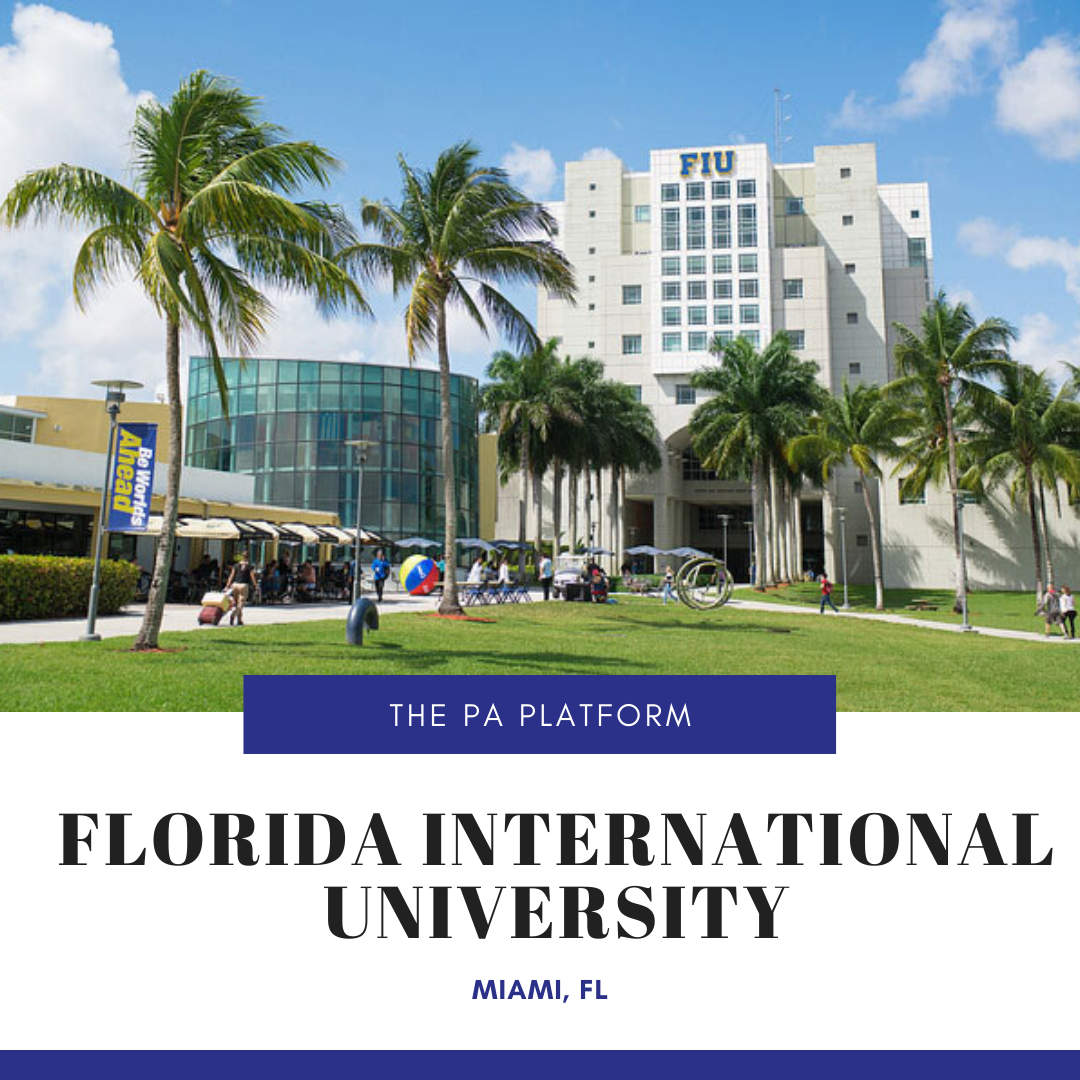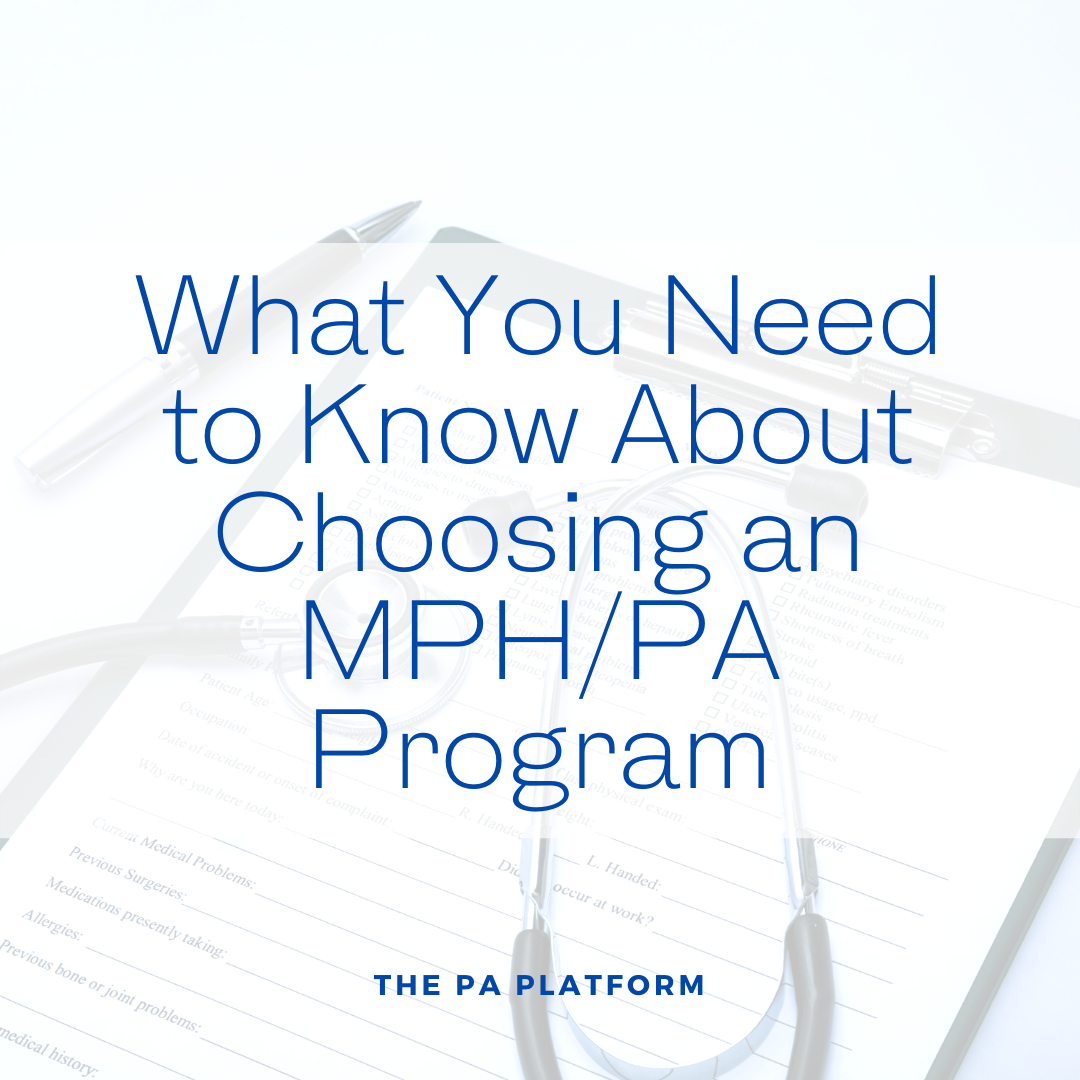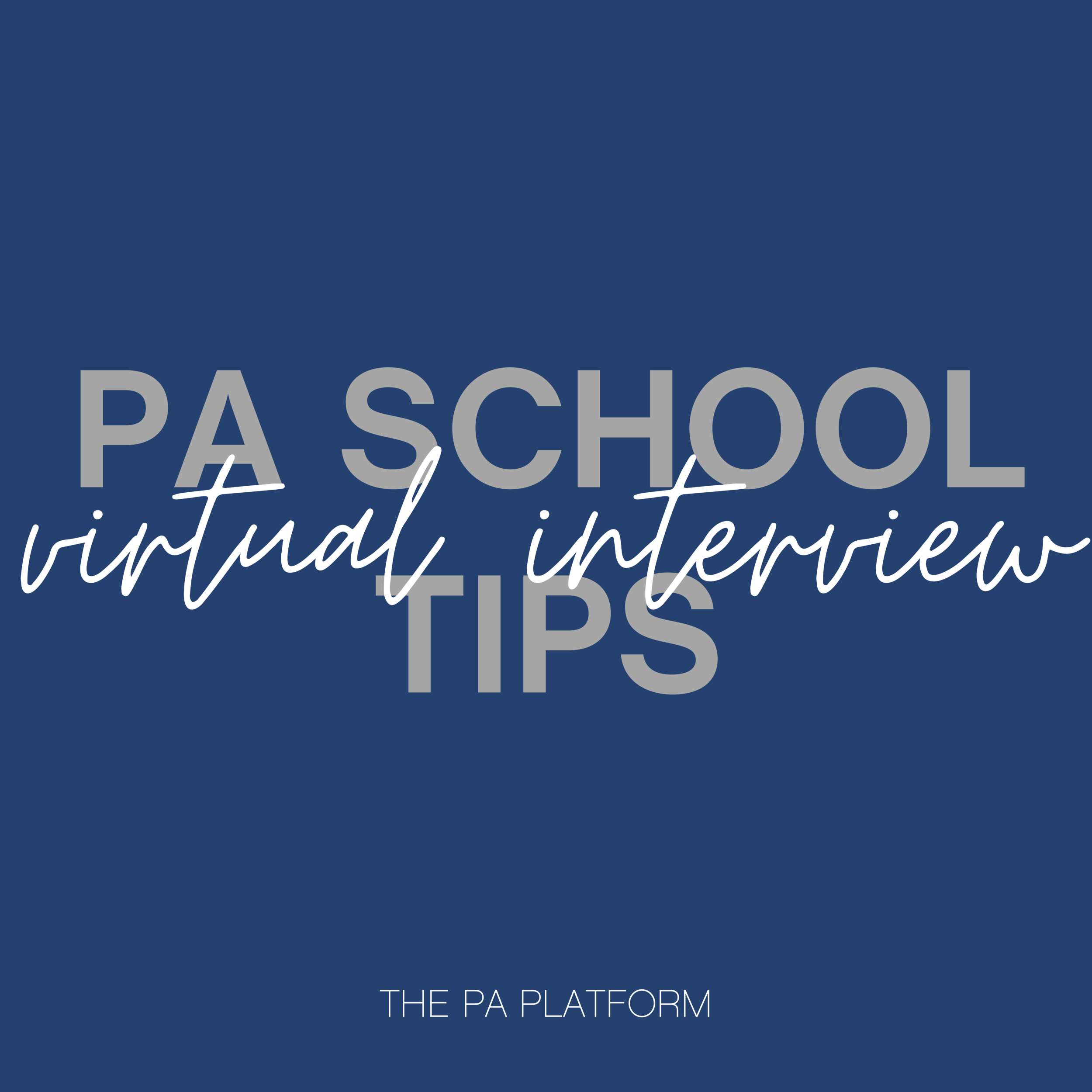4. Mock Interviews
This is another thing that I think helped me the most. I had a mentor who I casually met with and she asked me questions similar to the ones she was asked. I don't think I answered many of those questions well, but it helped me to think about what I did want to say when I was asked again at my real interview! It also helps nerves to be answering a question that you have practiced answering. *Shameless plug alert* I would love to help you prepare and offer that as part of my PA Coaching Services, but if you have a mentor or teacher they may be able to help too. Sometimes undergraduate schools will have a Career Services division as well that may offer some resources.
5. Get Up to Date with Current Events
If you're not someone who follows the news very closely, do some research and familiarize yourself with some current events in the nation and the world. Specifically, pay attention to events that have to do with healthcare or Obamacare. Schools love to specifically ask about these things, and it can really throw you off your game in an interview if you aren't prepared for it. Sometimes they will ask how current insurance changes may specifically affect PAs, so knowing what's going on and how it could affect YOU (as a hopeful PA-C) in the future is very important to know.
6. Be Prepared to GO!
A lot of these programs do not give much notice for interviews, and if you are possibly taking someone's spot who cancelled it could be even shorter. I think a month prior is about the longest I've heard of, but sometimes the call will come on a Friday for an interview the following Monday. So be on your toes! And check your spam folder often! One of my best friends missed her interview because it went to her spam folder, and luckily they let her come to a later date. This short notice can be tough with jobs and childcare, but try to let them know at work that you may be needing some time off and have your friends and family on standby if possible.
7. Prepare financially.
For the majority of PA school interviews, you are expected to pay for travel expenses, meals, and hotels. If you've applied to multiple programs and are hoping for multiple interviews, go ahead and get your finances in order to be able to cover these. Put a little extra into savings or skip eating out during interview season if you are concerned about being able to afford going to interviews.
8. And the most difficult one, be patient.
Waiting is so tough, and patients is a virtue right? It can be very tempting to call the programs you applied to multiple times to make sure they have your application and see why they haven't sent you an interview invite yet, but this can backfire as well. As good as it is to make sure they know you are very excited about their program, use a little self restraint. It's fine to call or e-mail if you have a legitimate question, and if you know you have submitted everything and haven't heard back I would say give it about a month before contacting them. And if they tell you to just wait, then do it. On the other hand, if it's getting towards the end of interview season, and you've been waiting, and been patient, and STILL not heard anything, I think it's fine to check in on your status at that point.
That's all I've got for today, but what are your biggest tips for preparing for interviews, and the waiting period?
Other Resources to Check Out:
































